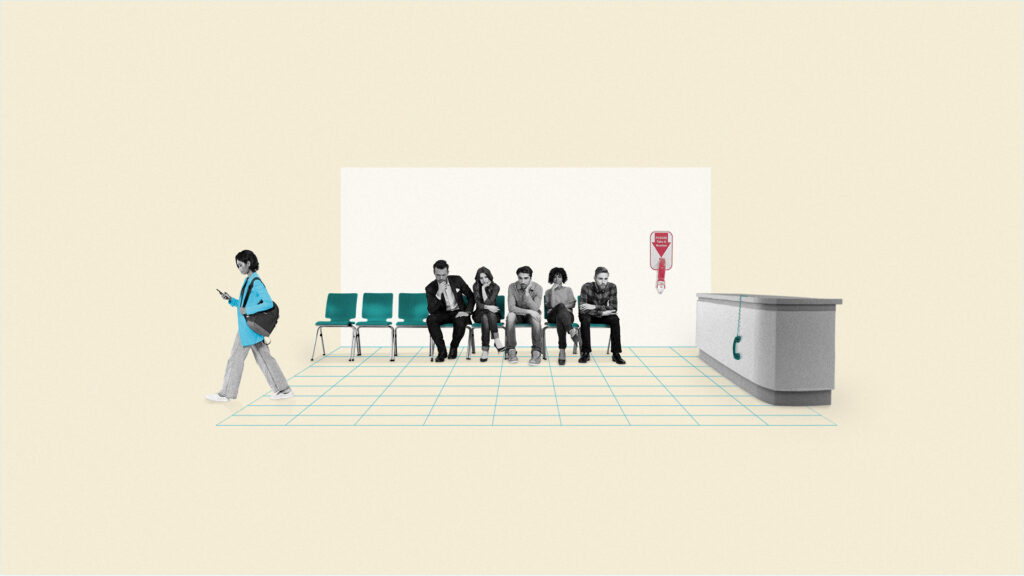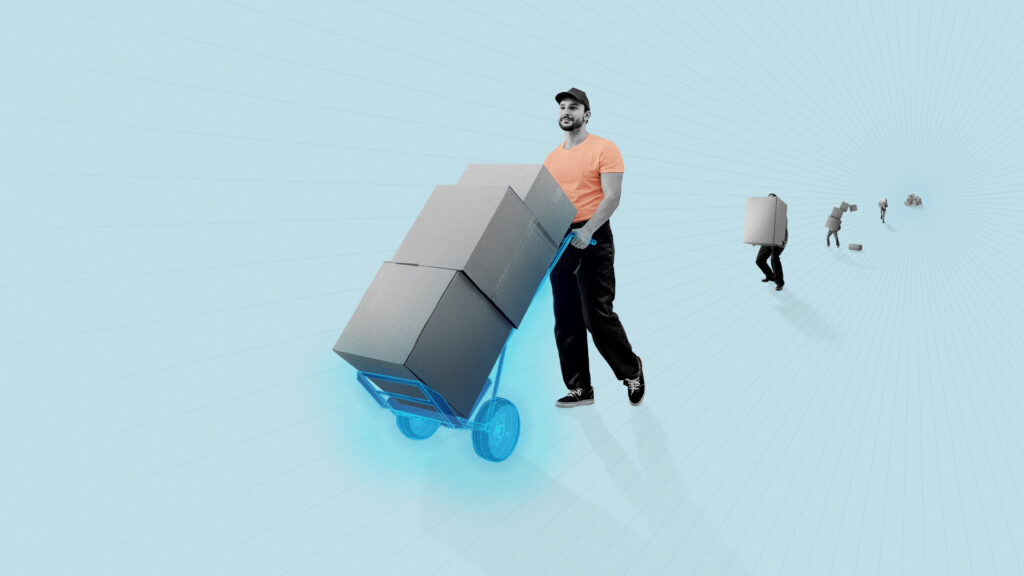Of all the professions built on fixing things—mechanics, IT pros, even engineers—none bear the stakes of healthcare. We count on this field not just to function but to save lives. And in a country that spends more on healthcare than any other, Americans expect world-class outcomes. But the data paints a sobering picture.
U.S. Healthcare System Rankings: High Costs, Low Performance
The Commonwealth Fund’s “Mirror, Mirror report ranks the U.S. healthcare system dead last among ten peer nations. In four out of five categories—access, equity, outcomes, and efficiency—we place ninth or tenth. Meanwhile, we spend 16.5% of our GDP on healthcare—far more than any other nation.
It’s not all bleak. We benefit from extraordinary providers and breakthrough treatments. But our system’s inconsistency and costliness signal that we’re underperforming—despite world-class potential. Higher education has a vital role to play in bridging that gap.
Why Continuing Education in Healthcare Is Essential
Healthcare doesn’t just rely on innovation—it relies on people keeping up with it. Much like other technical trades, medicine demands constant skill renewal. Continuing Education Units (CEUs) are critical for licensure and certification, but also for adapting to new technologies, care models, and professional demands.
Common Problems with Healthcare CEUs Today
Today’s CEU landscape isn’t keeping pace with the profession it serves. Consider the following challenges:
- Check-the-box mentalities: Many programs focus on accruing hours rather than closing skill gaps.
- Outdated delivery models: Conferences, In-person lectures and static seminars dominate, limiting access and engagement.
- Lack of cross-functional training: Most CEUs are siloed by profession, missing the mark on interdisciplinary collaboration.
- Conflicted funding sources: Industry-backed content can introduce bias, undermining trust.
- Instructor shortages: A limited pool of qualified educators struggles to keep up with accelerating knowledge.
Meanwhile, healthcare employers are raising the bar. They’re looking for professionals who can not only deliver care but also navigate digital systems, analyze data, lead teams, and manage patients holistically. Nearly half of early-career healthcare workers say their education didn’t prepare them for these demands.
How Scaling Healthcare CEUs Supports Better Patient Care
Expanding CEUs isn’t just about more courses—it’s about aligning education with the pace of change and the complexity of modern care. Scaling up CEUs can:
- Keep pace with innovation: When learning matches the speed of discovery, professionals can deliver evidence-based care that improves outcomes.
- Simplify compliance: Expanding access ensures that even busy or rural practitioners can meet licensure requirements without compromising quality.
- Support career growth: Accessible, relevant CEUs open pathways to specialization, advancement, and retention.
- Enable collaborative care: Interprofessional CEUs prepare teams to communicate and coordinate better, directly benefiting patients.
Best Practices for Improving Continuing Education in Healthcare
Scaling CEUs shouldn’t mean duplicating what’s already outdated. It’s a chance to evolve:
- Co-create with employers: Build programs around real-world needs and emerging roles.
- Modernize delivery: Offer flexible, mobile-first, asynchronous options that fit busy clinical schedules.
- Invest in instructors: Support clinicians transitioning into teaching with mentorship, training, and tech tools.
- Measure impact: Track outcomes, learner progress, and employer feedback—and iterate often.
- Broaden the scope: Integrate non-clinical competencies—leadership, communication, data fluency, digital health—into standard CEU offerings.
The Bottom Line:
If healthcare is going to meet the moment, continuing education must do the same. That means scaling not just access, but also relevance, rigor, and responsiveness. Higher ed has the opportunity—and the obligation—to lead that charge.
How Noodle Can Help
Noodle helps institutions scale healthcare CEUs with flexible, AI-powered tools that modernize delivery, expand reach, and improve outcomes. Our Noodle Learning Platform curates content from across your university and partners, while Engage AI recommends personalized learning pathways based on each learner’s goals and credentials. Designed to integrate with your existing systems, our LMS-agnostic platform supports mobile-first, asynchronous, and interprofessional formats. We also help promote your CEUs to new markets and industries—so you can meet employer needs, support career growth, and elevate care quality across the board.
Let’s Talk.


